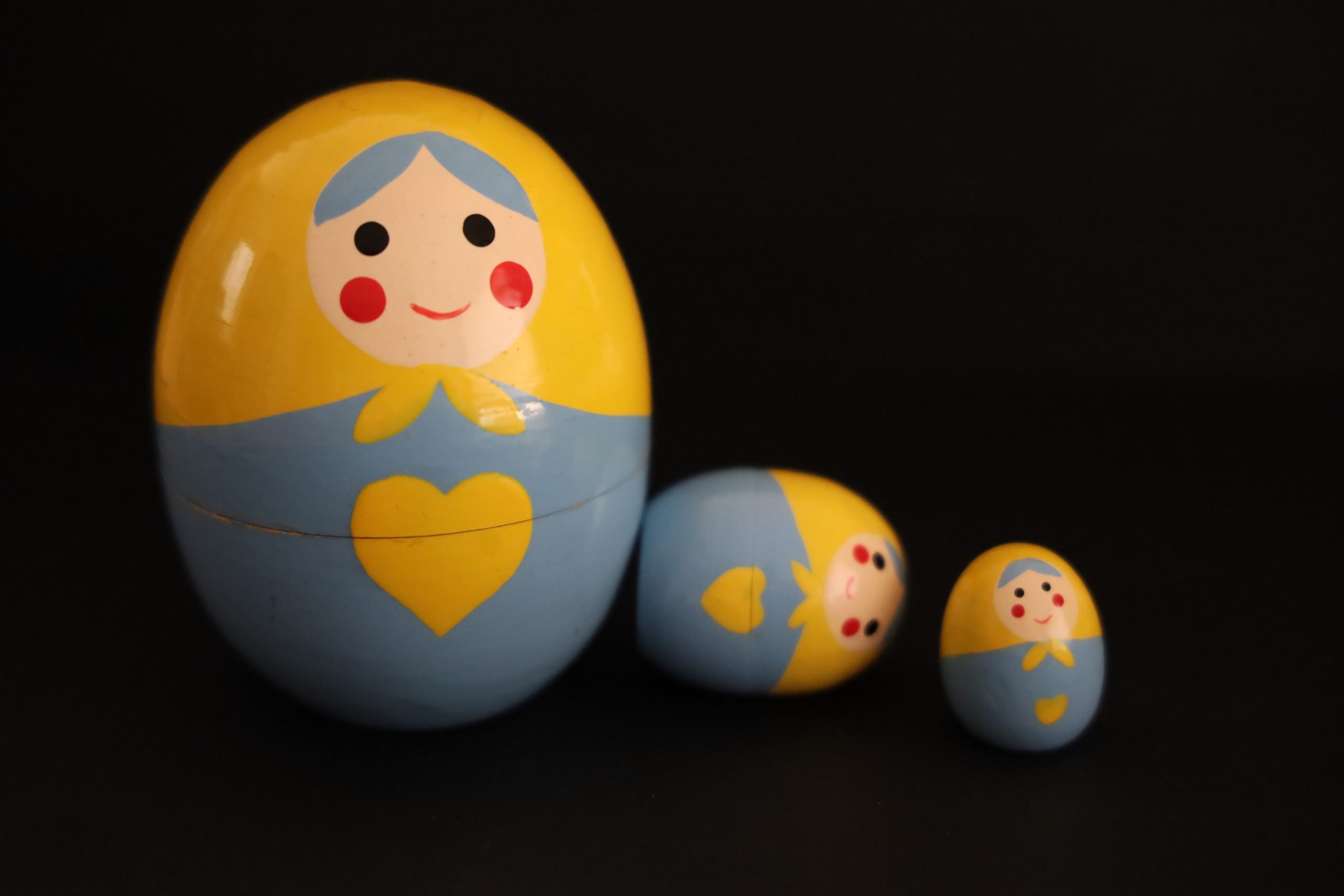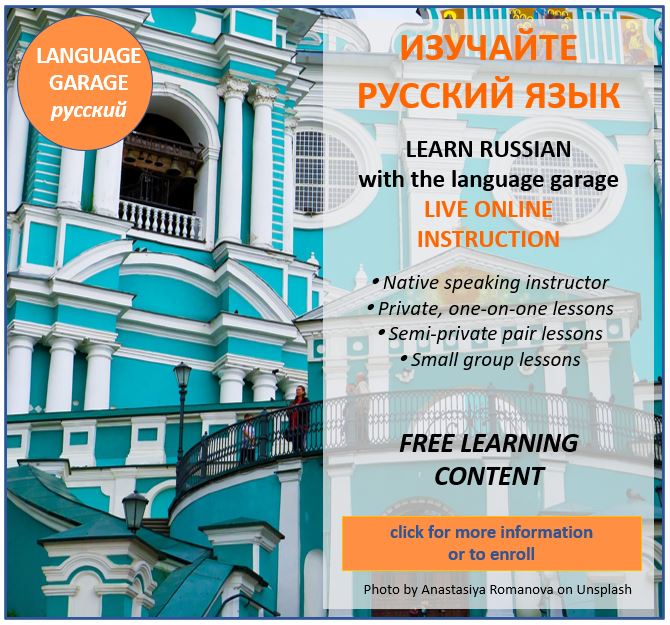Photo by Joice Rivas from Pexels
In this post we’ll take a look at Russian vocabulary, expressions, and grammar related to talking about what you like, what you find interesting, and what you’re really into doing.
Я люблю/Мне нравится шоколад. I like chocolate.
If you’re talking about things or people that you like, use the verb любить (to like/to love) or нравиться. Just remember that the grammar is different. With любить, the liker is the subject, and the thing that is liked is in the accusative. With нравиться, though, the construction is closer to X pleases me/you/her, etc., so the thing that is liked is the subject, and the liker is in the dative, with a pronoun such as мне (to me), тебе (to you), ему (to him/it), ему (to it), ей (to her/it), нам (to us), вам (to you), им (to them).
- Я люблю эту книгу.
I like/love this book. - Мне нравится эта книга.
I like this book. This book pleases me.
Let’s see some other examples.
- Я люблю шоколад/ваниль.
I like chocolate/vanilla. - Я люблю книги/фильмы.
I like books/movies. - Вам/тебе нравится тайская еда/кухня?
Do you like Thai food? - Он любит грибы/лук/чеснок.
He likes mushrooms/onion/garlic. - Ей нравится эта песня./ Она любит эту песню.
She likes this song. - Детям нравится их новый учитель/их новая учительница.
The kids like their new teacher. - Мне нравится эта певица/этот певец. Вам/тебе нравится этот певец/эта певица?
I like this singer. Do you like this singer? - Мне нравится твой брат/твоя сестра/твой друг/твоя подруга.
I like your brother/sister/friend.
Я люблю собак больше, чем кошек. I like dogs more than cats.
If you want to say that you like A more than B, use the verb предпочитать to prefer, or любить X больше, чем Y to like X more than Y.
- Я предпочитаю шоколад.
I prefer chocolate. - Мне нравится шоколад больше, чем ваниль.
I like chocolate more than vanilla. - Я люблю кошек больше, чем собак.
I like dogs more than cats. - Я предпочитаю собак.
I prefer dogs. - Нам нравится пицца больше, чем паста.
We like pizza more than pasta. - Мы предпочитаем тайскую еду/кухню.
We prefer Thai food.
Я люблю готовить. I like to cook.
If you’re talking about things that you like to do, use the construction любить + infinitive.
- Я люблю читать/путешествовать/смотреть телевизор.
I like to read/travel/watch TV. - Мне нравится изучать иностранные языки.
I like to learn foreign languages. - Я люблю кататься на велике, плавать, ходить в походы.
I like to ride my bike/swim/go hiking. - Ей нравится/она любит заниматься спортом утром.
She likes to work out in the morning. - По воскресеньям он любит спать допоздна.
He likes to sleep late on Sundays. - Мы любим смотреть фильмы вместе.
We like to watch movies together. - Они любят спорить о политике.
They like to argue about politics. - Что ты любишь делать?
What do you like to do? - Куда ты любишь/вы любите ездить в отпуск?
Where do you like to go on vacation? - Какие фильмы ты любишь/вы любите смотреть?
What kind of movies do you like to watch? - Какую еду вы любите/ты любишь (есть)?
What kind of food do you like (to eat)?
Я люблю научную фантастику. I love science fiction.
If you really like or love something, use the construction любит with an adverb like очень (a lot) or действительно (really).
- Я (действительно) люблю собак/кошек/животных.
I love/really like dogs/cats/animals. - Я (очень) люблю тёплую погоду/снег.
I love/really like warm weather/snow. - Я (очень) люблю эфиопскую еду.
I love/really like Ethiopian food. - Он (очень) любит классическую музыку.
He loves/really like classical music. - Она (очень) любит компьютерные игры.
She loves/really like video games.
Я без ума от этого нового ресторана. I’m mad about this new restaurant.
If you’re crazy about something, you can use the expression без ума (crazy, without mind). If you’re into something, you can express that with очень любит.
- Я без ума от этого магазина/ресторана.
I’m mad about this store/restaurant. - Она без ума от своей новой машины.
She’s nuts about her new car. - Он очень любит ходить в походы/кататься на лыжах/бегать.
He’s really into hiking/skiing/running. - Я очень люблю кемпинг/походы с ночёвками.
I’m really into camping. - Он без ума от мотоциклов.
He’s crazy about motorcycles.
Я люблю мою маму. I love my mother.
The verb любит can be used to express non-romantic love, just like love in English.
- Я люблю свою/мою маму/своего/моего отца.
I love my mother/father. - Они любят своих внуков.
They love their grandchildren. - Он любит свою сестру.
He loves his sister. - Она любит своих друзей.
She loves her friends.
Я люблю тебя.I love you.
The verb любит is also used to express romantic love.
- Я люблю тебя.
I love you. - Я люблю свою/мою жену.
I love my wife. - Я люблю своего/моего мужа.
I love my husband. - Они очень друг друга любят.
They love each other very much.
Языки интересны. Languages are interesting.
There are all sorts of other ways to express that you like something.
- Это действительно хорошая/классная книга.
This book is really good/cool. - Языки интересны.
Languages are interesting. - Я нахожу книги/языки/фильмы интересными.
I find books/languages/films interesting. - Я думаю, что книги более интересны, чем фильмы.
I think that books are more interesting than films. - Катание на лыжах – это увлекательно. Я нахожу катание на лыжах захватывающим.
Skiing is exciting. I find skiing exciting. - Путешествия увлекательны. Я думаю, путешествия увлекательны.
Traveling is fascinating. I think traveling is fascinating. - Езда на велосипеде – это весело. Мне очень нравится ездить на велосипеде.
Biking is fun. I really enjoy biking. - Фильмы – это занимательно/интересно.
Films are entertaining/interesting. - Этот писатель потрясающ/эта писательница потрясающа. Его книги/её книги невероятны.
This writer is amazing. Her books are incredible. - Этот ресторан великолепен. Еда здесь изысканная/вкусная.
This restaurant is great. The food here is exquisite/delicious.
Do you want to learn Russian?
Check out our other posts on Russian language, culture, and more. And if you’re looking for convenient and affordable live Russian lessons with a real teacher, check out The Language Garage Russian. Our lessons are given online in a virtual classroom, so it doesn’t matter where you live or work. We can come to you. And we have flexible options, with a free trial so that you can decide if there’s a fit. Check us out!





